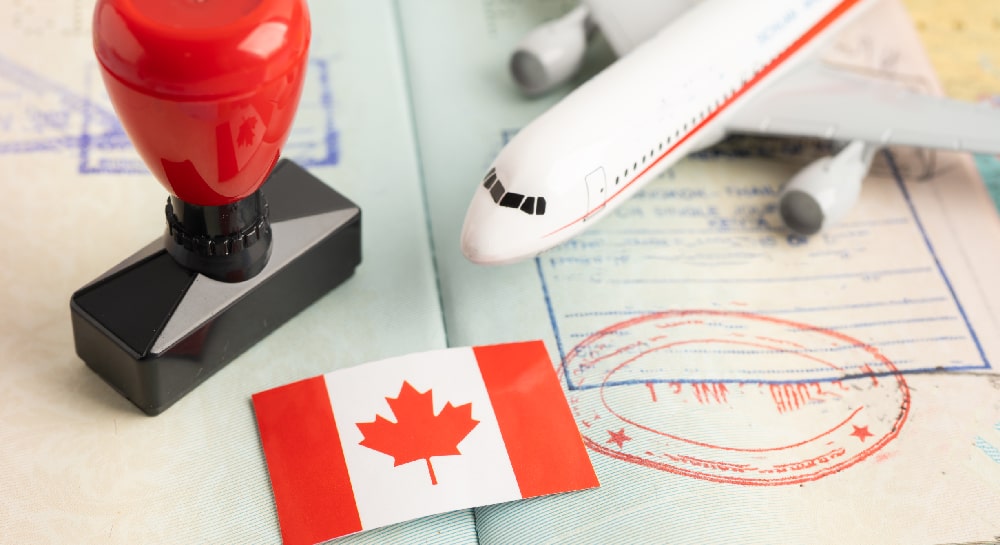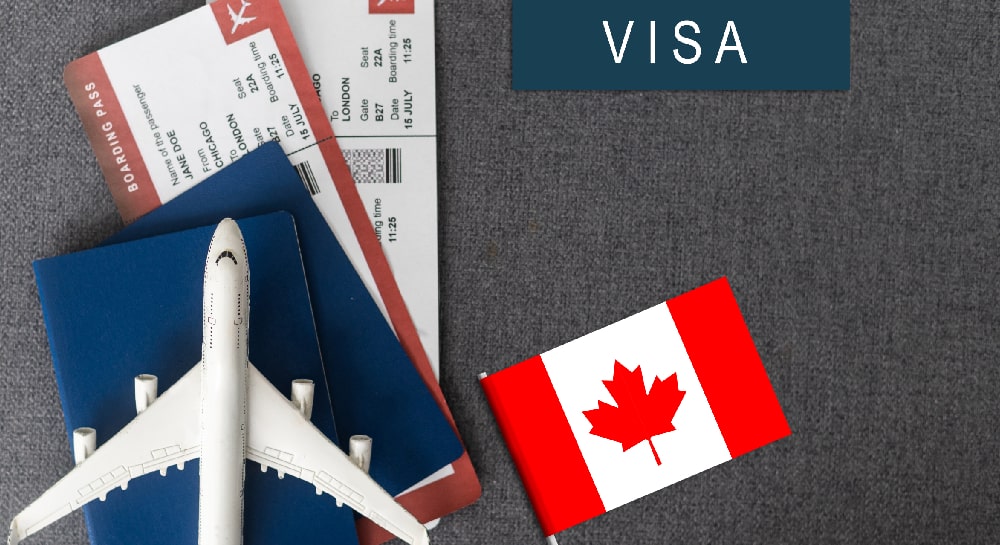Switzerland is one of the richest countries in the world! Its location in the heart of Europe makes it a great place for lawyers looking to advance their careers. This guide explains how to immigrate to Switzerland as a lawyer based on your nationality and qualifications.
How to Immigrate to Switzerland as a Lawyer?
Let’s answer the million dollar question: “How to practice law in Switzerland?” Immigrating to Switzerland as a lawyer involves several steps and requirements:
Step 1. Qualifications Recognition
The Swiss Federal Office of Justice (FOJ) oversees the process. Here’s an overview:
- An equivalence assessment by the Swiss Federal Office of Justice is required. You must provide detailed legal education, training, and professional experience.
- Your law degree certificates, academic records, professional experience (such as a lawyer’s resume), and other relevant qualifications are usually required. Translations into Switzerland’s official languages (German, French, Italian) may be needed.
- Your qualifications are compared to Swiss legal education standards by the FOJ. This assessment evaluates your legal studies, work experience, and duration.
- The FOJ may require additional exams or training if your qualifications do not meet Swiss standards. Some examples include taking Swiss university courses or passing a Swiss law exam.
- Even with your qualifications, you might have to take the Swiss bar exam, especially if you want to defend clients in Swiss courts.
Note:
- Remember that Switzerland regulates lawyers at the cantonal level. The requirements for practicing law vary by canton. Certain cantons have extra rules for foreign-trained lawyers.
Step 2. Language Proficiency
To immigrate to Switzerland as a lawyer, language proficiency is crucial, especially considering Switzerland’s multilingual nature. Here’s a breakdown:
German
- Required Level. Often C1 or C2 level
- Recognized Tests. TestDaF (Test Deutsch als Fremdsprache), Goethe-Zertifikat, and the DSH (Deutsche Sprachprüfung für den Hochschulzugang)
French
- Required Level. At least B2, but preferably C1 or C2
- Recognized Tests. DELF/DALF (Diplôme d’études en langue française/Diplôme approfondi de langue française) and TCF (Test de Connaissance du Français)
Italian
- Required Level. A B2 level is generally the minimum requirement, with C1 or C2 being more advantageous.
- Recognized Tests. The CELI (Certificazione di Conoscenza della Lingua Italiana) and CILS (Certificazione di Italiano come Lingua Straniera)
Romansh
- Required Level. It’s less common to need Romansh. There’s less standardization, and it could vary.
- Recognized Tests. A Romansh proficiency test isn’t as common and might be assessed through interviews or practical language use.
Step 3. Job Search
To immigrate to Switzerland as a lawyer, you must find a job in a Swiss law firm. You can use networking, online job portals, and recruitment agencies specializing in legal jobs in your job search.
Online Job Portals
- Jobs.ch
- JobScout24.ch
- Indeed Switzerland
- Alpha.ch
Recruitment Agencies Specializing in Legal Jobs
- Michael Page Switzerland
- Badenoch + Clark
- Robert Walters Switzerland
- Hays Switzerland
Networking and Professional Associations
- Swiss Bar Association
- Local Cantonal Bar Associations
Step 4. Work Permit and Residency
For non-Swiss citizens wanting to practice law in Switzerland, the process of getting a Swiss work permit and residency can vary significantly depending on your nationality. Here’s how it works:
For EU/EFTA Nationals
- Working and living in Switzerland is easier for EU/EFTA nationals thanks to the Free Movement of Persons Agreement.
- EU/EFTA citizens need a residence permit when they get a job and register with the local residents’ registration office.
- Depending on how long you’ve been working, you’ll get a different kind of residence permit:
- ‘L Permit’: One-year residence permit.
- B Permit: For indefinite or longer employment, renewable once every five years or yearly.
- Besides a valid ID, you’ll need proof of employment, a job offer, and your Swiss address.
For Non-EU/EFTA Nationals
- A quota system limits the number of work permits available to non-EU/EFTA nationals.
- Swiss employers usually need to offer you a job. In most cases, the employer has to prove that a local or EU/EFTA citizen can’t fill the job.
- Employers usually apply for work permits from cantonal labor market authorities. Once the application is approved, it goes to the State Secretariat for Migration (SEM).
- You’ll need an L or B permit, depending on the length of your employment contract, like EU/EFTA nationals.
- It’s usually necessary to have a valid passport, job contract, professional qualifications, and sometimes proof of enough language skills. The Swiss authorities will also consider your age, experience, and potential for integration.
- You are able to apply for a residence permit at the local residents’ registration office once the work permit is approved.
Step 5. Bar Exam
To immigrate to Switzerland as a lawyer, you may need to pass the Swiss bar exam to practice law. Cantons have different bar exam requirements. Candidates usually need a Swiss law degree or an equivalent foreign law degree. A Swiss law firm or legal setting may also require practical legal training.
Written and oral tests of Swiss federal law and cantonal law are common on the Switzerland bar exam. Common topics include civil, criminal, procedural, and public law. Each of Switzerland’s 26 cantons regulates the legal profession, including the bar exam.
Canton may waive parts of the bar exam for lawyers qualified in certain jurisdictions, especially EU/EFTA countries, but this is rare. Lawyers from other jurisdictions may have their qualifications partially recognized, reducing their exam.
Even with a waiver, foreign-trained lawyers may need to demonstrate their knowledge of the local legal system and complete additional training or apprenticeship. In the end, lawyers must join their cantonal bar association after passing the bar exam.
Step 6. Legal Practice
As soon as you arrive in Switzerland and have obtained the necessary qualifications and work permits, you must take several steps to begin practicing law. Here are the details for a foreign lawyer in Switzerland:
Initial Steps Upon Arrival in Switzerland
- Mandatory registration at your local municipality’s resident registration office is required.
- Make sure you have a Swiss bank account. Check out UBS, Credit Suisse, PostFinance, and Raiffeisen.
- All Swiss residents must get health insurance. Swiss health insurance companies include Helsana, Swiss Life, and CSS Insurance.
- If you haven’t already, find long-term housing. To find rental properties in Switzerland, check out Homegate, ImmoScout24, and Comparis.
- Ensure you’re familiar with local customs, laws, and the way of life in Switzerland. Your first days in Switzerland can be a lot easier if you understand local customs, public transportation systems, and basic language phrases.
Steps to Start Practicing Law
- Register with the bar association in the canton, where you will practice if you pass the Swiss bar exam. Canton law requires this.
- Get professional indemnity insurance, which is required for Swiss lawyers.
- Understand and comply with all cantonal laws and regulations governing legal practice.
- It’s important to familiarize yourself with the firm’s practices and protocols before joining a law firm or corporate legal department.
- Setting up a private practice requires planning, staffing, marketing, and establishing clients.
How Much Does a Lawyer Make in Switzerland?
Lawyer salaries in Switzerland vary widely based on the field of law, experience, size, and prestige of the law firm, and the location in Switzerland.
- Entry-Level Lawyers. An entry-level lawyer can earn around CHF 80,000 to CHF 120,000 per year. Zurich and Geneva, two major financial centers, have higher starting salaries.
- Experienced Lawyers. Typically, lawyers with several years of experience earn between CHF 120,000 and CHF 180,000 per year. Pay can be higher in areas like financial law, international law, or corporate law.
- Senior Lawyers and Partners. Law firm partners and highly experienced lawyers earn more. Partners in successful firms can earn much more than CHF 180,000 per year for these positions. Partners can also receive substantial profits from their firms.
- In-House Counsel. In-house lawyers sometimes earn between CHF 110,000 and CHF 250,000, depending on the size and industry of the company.
- Public Sector Lawyers. The salaries of lawyers working in public service or non-profit organizations are usually lower than those in private practice.
Legal Jobs in Switzerland
Here are some common legal job opportunities in Switzerland:
Private Law Firms
Legal firms in Zurich and Geneva employ associates, partners, and professionals with expertise in corporate law, tax law, and international law, among other areas of law.
Corporate Legal Departments
Many businesses, including those in the financial sector, pharmaceutical industry, technology sector, and others, employ corporate lawyers and in-house counsel to handle mergers, contracts, and other internal legal issues.
Government and Public Sector
Jobs as public prosecutors and legal advisors are available in Geneva and other Swiss cities, as well as in regulatory agencies and international organizations.
International Organizations
Opportunities for legal professionals include serving as policy advisors, experts in humanitarian law, or legal officers at the UN and the International Red Cross, two of Switzerland’s major international organizations.
Academic and Research Institutions
Swiss academic institutions hire researchers, lecturers, and professors with expertise in the law to teach and conduct research in the field.
Immigrate to Switzerland as a Lawyer: Let’s Recap
The Visa Library team brought you information on how to immigrate to Switzerland as a lawyer. There are different ways of doing it, and it’s up to your nationality.
The requirements and the process you must follow to become a lawyer in Switzerland are explained. If you have questions, write them in the comment section. The Visa Library team will answer them.
FAQs
Getting a work permit and meeting certain qualifications makes it possible for foreigners to become lawyers in Switzerland.
Immigration in Switzerland varies, but it can be challenging due to strict requirements, especially for people who don’t live in the EU/EFTA.
You can practice English law in Switzerland, but you have to get a work permit and meet language requirements.
The salaries of Swiss lawyers vary based on their experience and specialization, but they’re generally well-compensated.
Depending on experience and type of work, international lawyers in Switzerland can earn competitive salaries.
Although English can be used to work in Switzerland, language skills in German, French, or Italian are often needed.
In Switzerland, French lawyers are allowed to practice, but they have to meet certain requirements, like proficiency in the language.
If you meet Switzerland’s immigration and legal requirements, American lawyers can practice there.
Bar exams are required for practicing law in Switzerland, and they vary by canton.
There are different requirements for admission to Swiss universities, and some are more competitive than others.
How useful was this article?
Click on a star to rate it!
Average rating 4.2 / 5. Vote count: 9
No votes so far! Be the first to rate this article.
- Author
- Max-B.
- March 29, 2023






